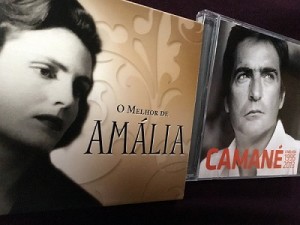Sometimes our classes bring unexpected “findings” in terms of Bulgarian word’s etymology, while associating words that sound like they have something in common, like слон (elephant) and заслон (shelter). But do they indeed? Well, you can imagine that, if there is a very hot sun and you are standing behind a слон, the слон can shelter you from the sun and serve as a заслон (or if you are under a standing elephant and the elephant is committed to stay still).
Gary added that the заслонът на мечката could be a very dangerous thing. I believed that I disappointed him by pointing out that there is another word for bear’s shelter – бърлога. But it is another topic. Now let’s stick to the new words that came out of our Bulgarian language class in Seattle last Friday, November 10.
Къде? (Where?) Кога? (When?) Как? (How?)
Освен това… (Besides…; In addition)
Така ли? (Is that so?)
Всяка втора събота на септември моето семейство има (се събира на) пикник.
Вземаме под наем един заслон. (typically, usually we rent a shelter)
Вземам под наем – to rent
Both вземам and взимам represent the imperfective aspect of the verb to take
The officially recognized form is вземам; however взимам is also in use.
